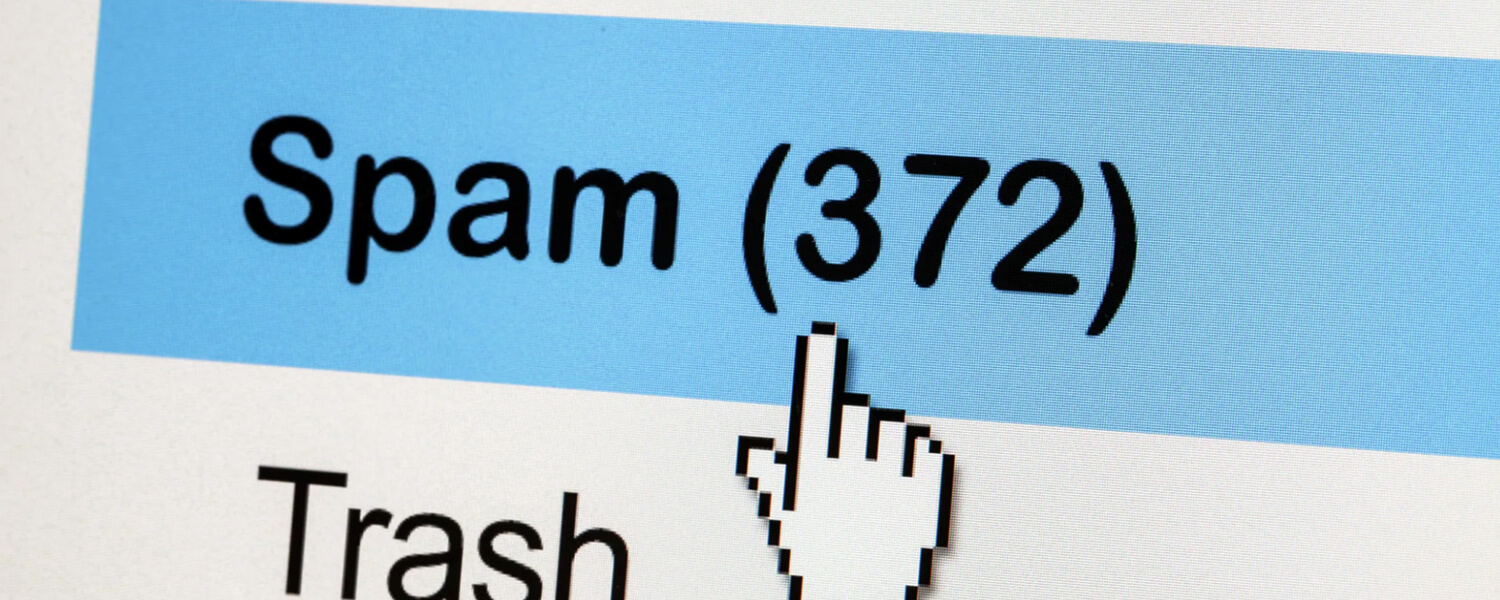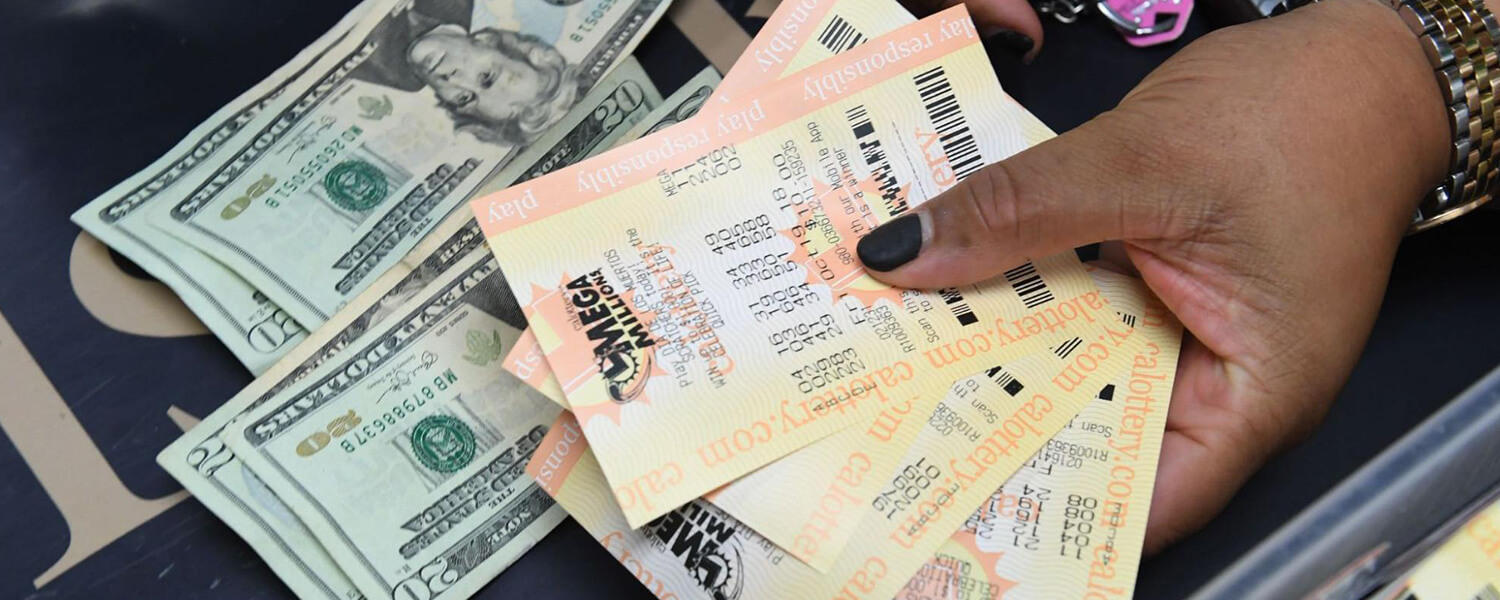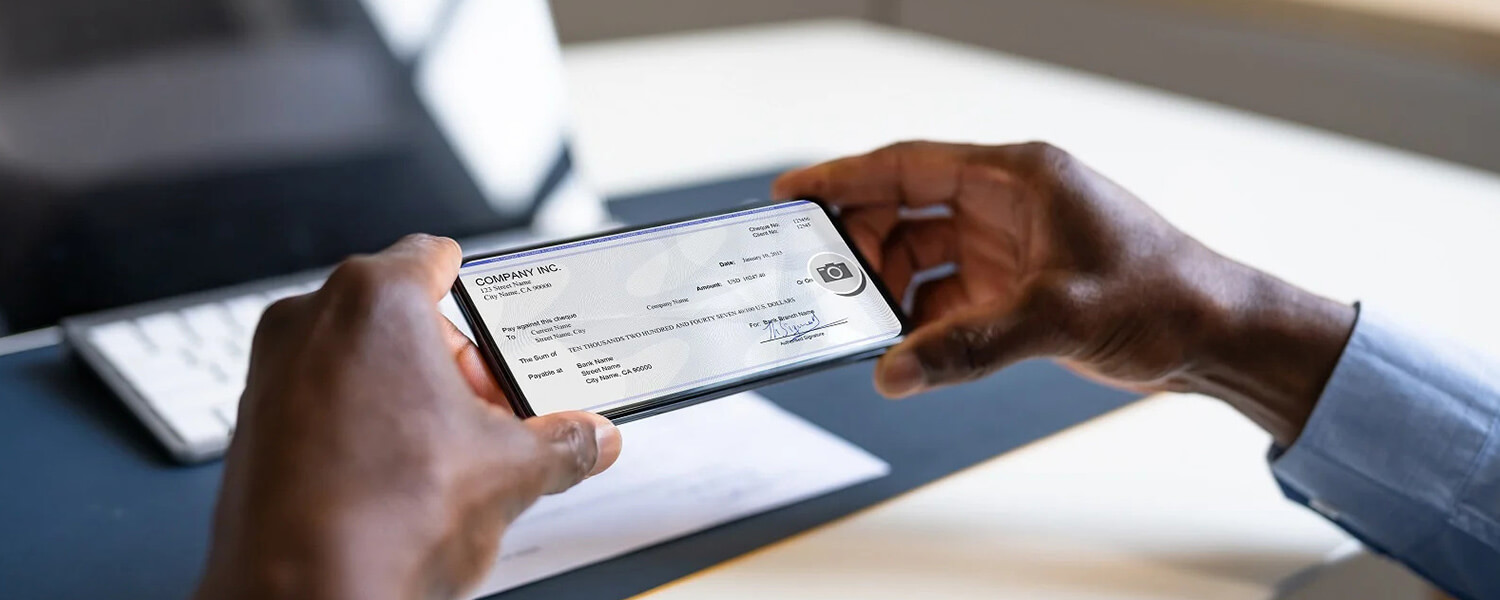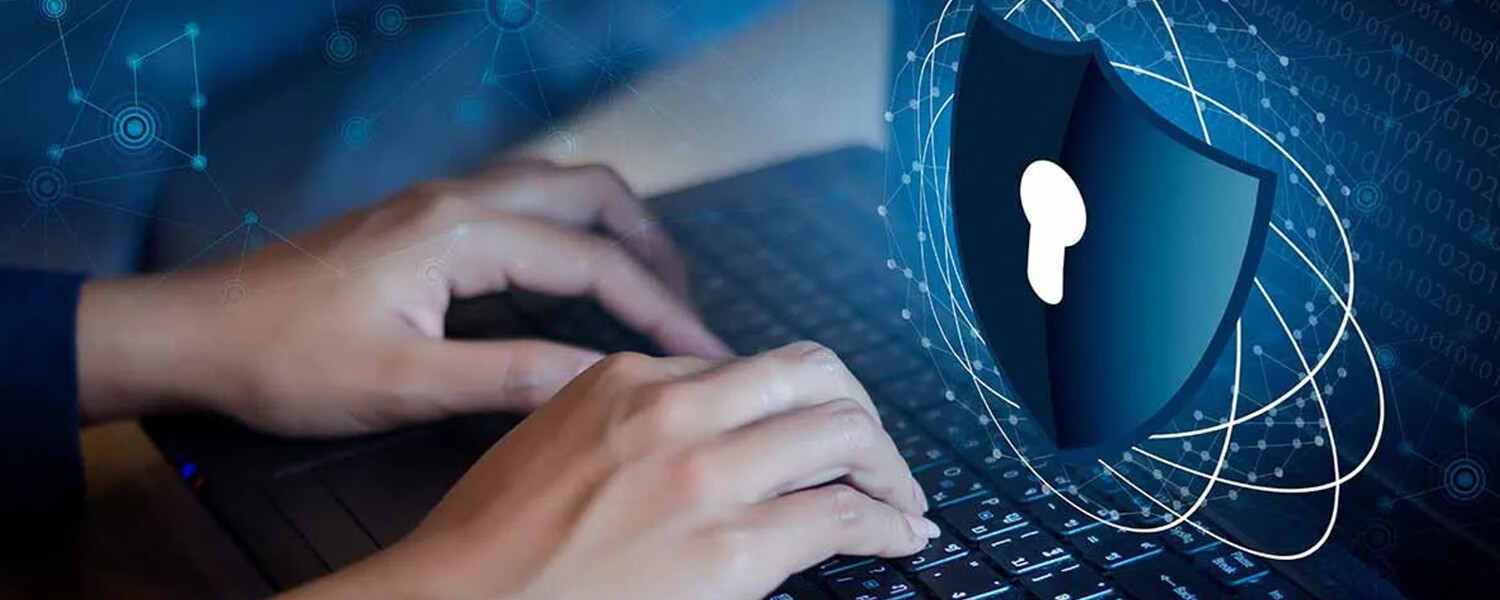13 Ways To Prevent Yourself From Internet Fraud
In the rapidly evolving digital age, the internet has seamlessly woven itself into the fabric of our lives, offering a platform for transactions and communication that was once unimaginable. However, alongside this convenience, a troubling trend has emerged – the surge of internet fraud. These illicit activities, operating within the vast expanse of the web, have led to staggering financial losses, often amounting to millions of dollars annually. From identity theft and illicit email solicitations to insidious phishing schemes and monetary scams, the threat of internet fraud looms large, making it incumbent upon every individual to equip themselves with knowledge and armament to safeguard against potential scams.
1. Cultivate a Keen Sense of Online Skepticism
The virtual realm can be a minefield of potential scams, and one of the most insidious is phishing attempts. These cunning tactics aim to deceive you into divulging personal information by posing as trustworthy entities. Developing a robust sense of internet skepticism is your first line of defense. Challenge any request for sensitive information and always prioritize secure sources for online transactions. Before sharing personal details, take a moment to question the necessity and legitimacy of the information being sought. Inquire about the reasons behind the request, and if something feels off, don’t hesitate to seek additional verification.
In a world teeming with technological marvels, it’s crucial to remember that your vigilance is your greatest asset. The cloak of legitimacy that scammers often wear can be convincing, but your skepticism can unravel their schemes. By cultivating this sense of caution, you’ll not only protect yourself from potential fraud but also contribute to a safer online ecosystem for everyone.
2. Seek Professional Counsel

In the digital marketplace, scammers often peddle products that promise miraculous results, preying on your hopes and vulnerabilities. Before succumbing to their allure, consider seeking advice from a trusted professional who has your best interests at heart – your doctor. Particularly when it comes to health-related products, consulting a medical expert can serve as a crucial step in safeguarding your well-being. These false promises can not only waste your hard-earned money but also jeopardize your health. Always remember, your doctor’s insight is a powerful tool in navigating the digital marketplace responsibly.
The internet may provide an abundance of information, but not all of it is reliable or safe. In matters of health, your doctor’s guidance is invaluable, guiding you away from potential hazards and ensuring your decisions are well-informed. By prioritizing expert advice, you establish a protective barrier against fraudulent products and contribute to a discerning and secure online community.
3. Uncover Authenticity Through Investigation

The online landscape is vast and diverse, encompassing a myriad of individuals and entities vying for your attention and trust. Amid this sea of possibilities, internet fraud lurks, often camouflaged by an illusion of credibility. To navigate this virtual minefield, consider unleashing your inner detective. Before engaging in any significant online transaction, invest time in researching the person or organization you’re dealing with. Verify addresses, scrutinize online reviews, and delve into the authenticity of their digital presence. Should you stumble upon negative feedback or alarming inconsistencies, heed these warning signs and proceed with caution.
Your role as a vigilant investigator can be pivotal in shielding yourself from potential scams. The power of knowledge is at your fingertips, enabling you to make informed decisions and sidestep fraudulent traps. By embracing the ethos of investigation, you not only protect your interests but also contribute to the collective effort of fortifying the digital realm against deceitful practices.
4. Exercise Caution with Money Transfers

Amid the convenience of digital transactions, a shadowy risk looms – the manipulation of unsuspecting individuals into wiring money overseas. This tactic is a favorite among scammers, exploiting your willingness to help or your emotional vulnerability. Despite the urgency of their pleas, it’s crucial to exercise caution. Wiring money is akin to parting with cash, and once transferred, it’s nearly impossible to reclaim. Whether it’s a seemingly distressed relative or an enticing investment opportunity, pausing to verify the legitimacy of the request can save you from financial loss and heartache.
Protecting your hard-earned money demands a discerning approach. Don’t allow urgency to cloud your judgment; take the time to investigate and verify. By cultivating a habit of cautious consideration, you erect a sturdy defense against the artful deceptions of internet fraudsters.
5. Navigate Investments Wisely

In the digital landscape, promises of lucrative, low-risk investments can be alluring, but they often conceal hidden dangers. The realm of investment is inherently complex, and while growth opportunities abound, so do the pitfalls. When faced with enticing offers that demand immediate cash transfers, pause and reflect. Every investment carries inherent risks, and understanding these risks is pivotal to making sound financial decisions.
Your financial well-being is paramount, and embracing a prudent approach to investments can safeguard your assets. Remember, a cautious investor is an empowered investor. Conduct thorough research, seek advice from trusted financial experts, and don’t succumb to the allure of quick gains. By arming yourself with knowledge and approaching investments wisely, you position yourself to navigate the digital investment landscape with confidence and foresight.
6. Make Thoughtful Charitable Contributions

In times of disaster, the collective spirit of humanity often drives individuals to offer support through charitable contributions. However, this noble impulse can sometimes be exploited by fraudulent actors seeking to capitalize on goodwill. Pop-up charities that emerge in the aftermath of crises may not always have altruistic intentions. To ensure your donations are effectively channeled to those in need, exercise prudence in your charitable endeavors.
Before extending a helping hand, take a moment to verify the legitimacy of charitable organizations. Certified and established charities have a track record of effective assistance. Additionally, consider direct contributions to affected individuals, bypassing potential intermediaries. By channeling your compassion through reputable avenues, you not only maximize the impact of your generosity but also contribute to the resilience of communities in need.
7. Vigilantly Review Monthly Statements

Amid the whirlwind of modern life, it’s easy to overlook the fine print of your monthly financial statements. However, this seemingly mundane task holds the key to safeguarding your finances from the clutches of internet fraudsters. Scammers thrive on stolen information, exploiting it to make unauthorized purchases that can wreak havoc on your financial stability. To preempt such schemes, cultivate the habit of actively reviewing your credit card statements.
Devote time to scrutinize your monthly expenses, compare them to your records, and flag any discrepancies. Should you detect unfamiliar or suspicious charges, don’t hesitate to take immediate action. Swiftly contacting your bank or card issuer can prevent further unauthorized activity and minimize potential financial losses. By being vigilant in your financial oversight, you shield yourself from the insidious tactics of internet fraud and bolster the security of your digital transactions.
8. Dodge Anonymous Communication

The digital realm provides a cloak of anonymity that scammers often exploit to their advantage. Unsolicited emails, messages, or calls claiming emergencies can be a common ploy to extract sensitive personal information, including bank details. However, these masked communications are often a smokescreen for fraudulent activities. When faced with anonymous outreach, exercise utmost caution and refrain from divulging any confidential information.
Your digital interactions should be grounded in trust and authenticity. Genuine entities will provide verifiable contact information and established channels of communication. By declining to engage with anonymous messages, you erect a barrier against potential scams and foster a digital environment that prioritizes transparency and security.
9. Steer Clear of Foreign Lotteries

The allure of striking it rich through foreign lotteries can be tempting, promising dreams fulfilled with the stroke of luck. However, beneath the surface lies a labyrinth of hidden costs, from taxes and fees to customs duties. Engaging in foreign lotteries can lead to financial pitfalls and disappointments, as the promised rewards often fail to materialize. To protect your financial well-being, it’s imperative to steer clear of these risky ventures.
Recognize that legitimate lotteries are subject to regulations and oversight, typically confined within the boundaries of your jurisdiction. Avoid being entangled in the complexities of foreign lotteries, sparing yourself the potential anguish of lost funds and unfulfilled promises. By heeding this advice, you prioritize your financial security and sidestep the snares of internet fraud.
10. Exercise Caution with Check Deposits

In the digital age, even the seemingly traditional act of depositing a check has been transformed by the virtual landscape. While this convenience offers ease and efficiency, it also introduces an element of risk – the potential for fraudulent checks. Scammers are adept at creating counterfeit checks that appear genuine at first glance. Depositing such checks can have dire consequences, as you become financially liable for the amount stated.
Before depositing a check, exercise prudence by verifying its authenticity. Scrutinize the details, cross-reference with the issuing entity, and ensure the funds are legitimate. Taking this extra step can safeguard your finances and spare you the burden of unintended financial obligations. Your diligence serves as a safeguard against falling prey to the deceptive tactics of internet fraudsters.
11. Protecting Your Personal Information Online

In an era dominated by digital interactions, safeguarding your personal information has never been more critical. Hackers are becoming increasingly adept at exploiting social media profiles to breach your privacy. However, by adopting a few prudent practices, you can fortify your digital fortress and keep your sensitive data out of malicious hands.

12. Fortify Your Digital Footprint
The first line of defense begins with fortifying your digital footprint. By meticulously managing your social media privacy settings, you can control who gains access to your personal information. Avoid the temptation to divulge sensitive details like birthdays, addresses, and even your mother’s maiden name. These seemingly innocuous tidbits are goldmines for hackers aiming to infiltrate your accounts. Moreover, exercising caution when accepting connection requests from unfamiliar individuals adds an extra layer of protection.
13. Bolstering Your Cyber Perimeter
Securing your internet connection is akin to erecting a sturdy barricade against potential digital threats. Your home wireless network should be guarded by a robust password, preventing unauthorized access. Public Wi-Fi networks, often convenient yet vulnerable, require extra vigilance. Transmitting sensitive information over these networks could expose you to prying eyes. Prioritize your safety by using virtual private networks (VPNs) when accessing public Wi-Fi, thus encasing your data in an impervious shield.












